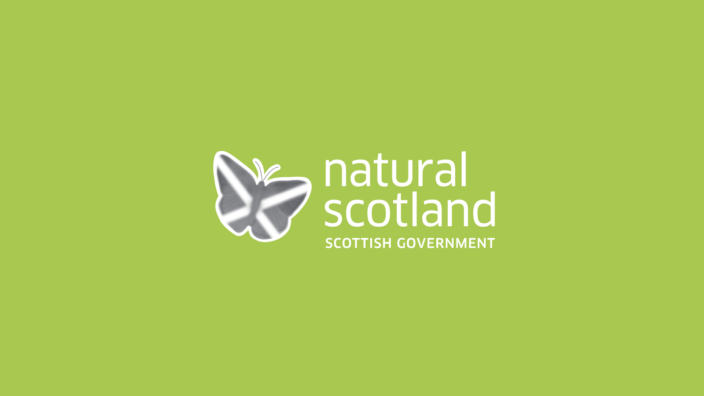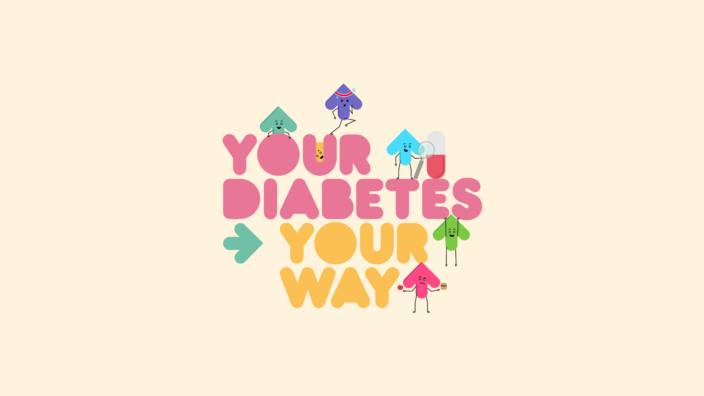Behavioural design and testing
Best-practice behavioural design is underpinned by behavioural insight, namely a detailed understanding of the customer or user journey, audience insight gathered from pre-existing and primary research, and a clearly defined, achievable and impactful behavioural goal. Once those elements are in place, you can design ways to activate the evidence and help make desirable behaviours easier to achieve.
Lessons from behavioural science show that our decisions are often not made consciously, and are heavily influenced by our experiences in the moment.
So whether we’re designing communications, nudges, boosts, timely prompts, products, or services, we target solutions that work with, not against, the quirks of human behaviour. Our behavioural design process involves everything from collaborative ideation, through to prototyping and pilot testing.
Intervention design
The great Stephen Sondheim had three songwriting principles, which we believe also apply to the design of behavioural interventions:
- Content dictates form: we’ll work with you to collaboratively ideate and design (for example) ergonomic changes to choice architecture, timely prompts and communications with cut-through, and enhanced and seamless user experiences.
- Less is more: often it can be the smallest of nudges that creates the biggest relative impacts. This is something we can say with confidence, because we measure the outcomes of everything we do.
- God is in the details: we explore solutions from all angles, through multiple lenses, looking at both theory and practice, and ask ourselves about unintended consequences as well as those intended. Plus, nothing gets pst our proofreaders.
Everything we choose to do is guided by the context, the evidence, and the people at the core of it all.
Collaborative ideation
Work with stakeholders, clients, and our in-house behavioural science and creative teams to generate exciting, innovative ideas.
Evidence-based intervention design
Plan ways to help audiences overcome identified barriers, avoid competing behaviours, and achieve desired behaviours.
Optimised user experience
Keep audiences engaged and keen to return by making their experience as friction-free and enjoyable as possible.
Pilot testing
Once we have a candidate solution that we think will help your audience perform the desired behaviour, we need to know it will work. So we put it to the test.
Prototyping a ‘minimum viable product’ before scaling up and rolling out can save a lot of effort, time and money. It’s very rare that anything is perfect first time around (though we shorten the odds through our decades of experience), and testing in the real-world quickly reveals what’s working right, and what needs tweaking. It allows for iterative improvement of your intervention until you’re reliably getting the desired results.
In addition, by measuring revealed (and not just stated) audience behaviours, we can see what people actually do as a result of the intervention, and not just what they say they do. This methodology takes the guesswork out of intervention design, and ensures it’s truly ready to scale up and roll out.
Prototyping
Bring your ideas to life with a ‘minimum viable product’ that you can test, effectively and efficiently, in the real world.
Randomised control trials
Roll out your intervention with confidence knowing we’ve conducted primary research, using best-practice behavioural scientific techniques, tailored to your contextual needs.
Impact measurement
Accurately predict just how impactful your full intervention will be by using best-practice data measurement and analysis.
Want to discuss a behavioural design and testing project?
Get in touchRelated projects
Network Rail (NW & Central)
A behavioural-design approach to colleague wellbeing
HSBC
Customer-centric behavioural design and e-learning
Essex County Council
Stop. Swap. GO!
Sport England
Helping women and girls to get active
Zero Waste Scotland
Behavioural strategy, brand and campaign to reduce food waste
NHS North West Coast
Co-creation and delivery of a key behaviour change intervention


